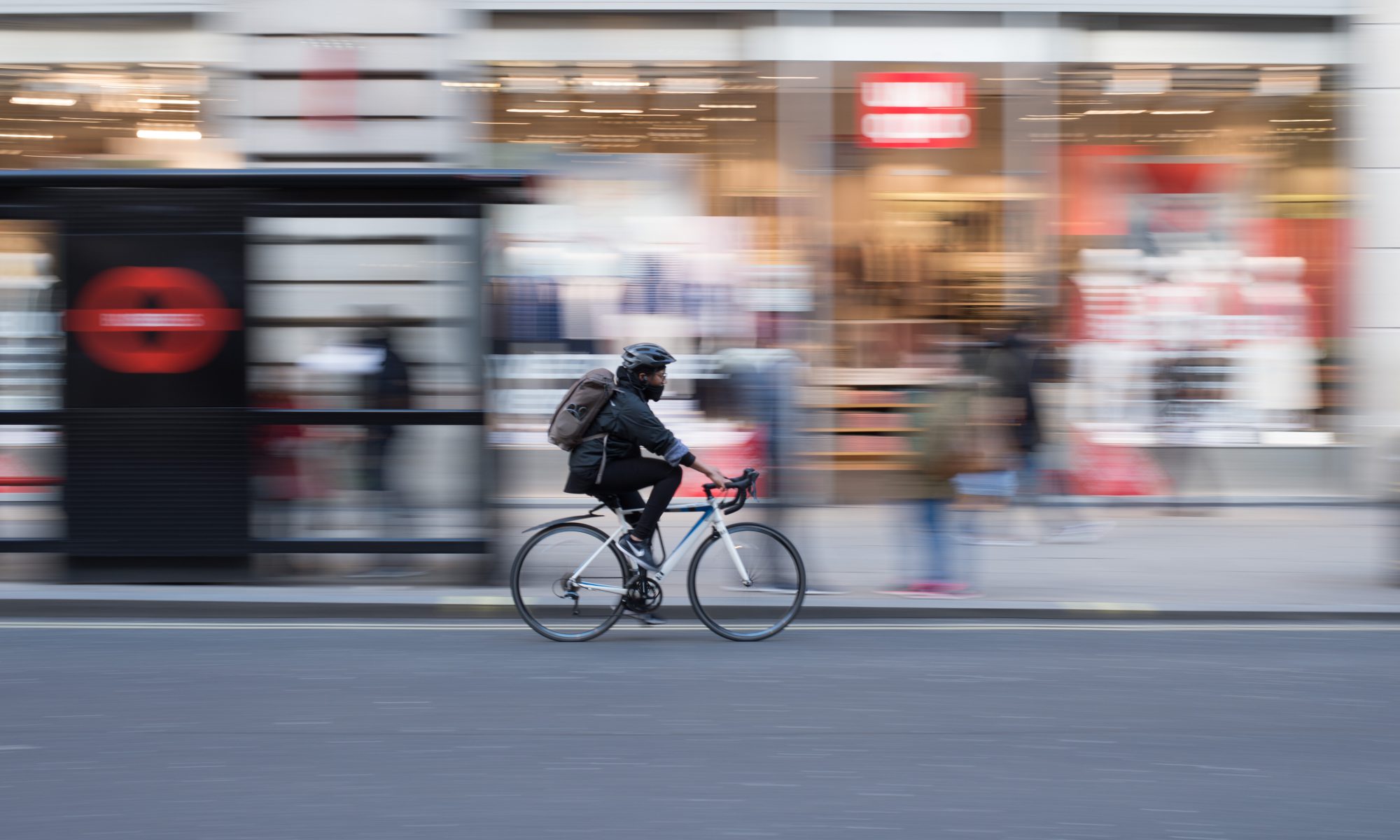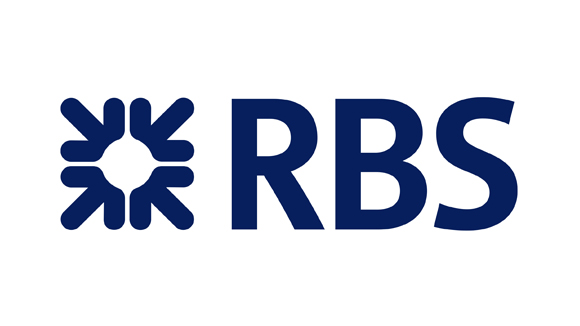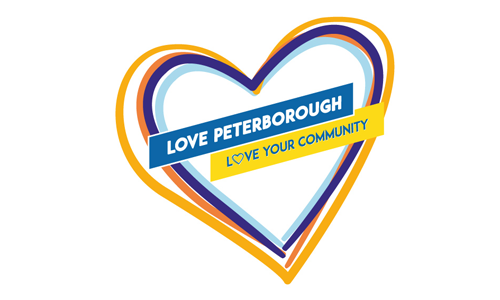Last week you might have spotted a few articles on Earth Overshoot Day, or noticed the hashtag #movethedate trending on Twitter. So what’s it all about? Well it’s not quite Armageddon, but brace yourself for some hard-hitting statistics
Earth Overshoot Day is the day that our global population consumes more ecological resources and services than nature can regenerate. This year it fell on August 2nd, a whole week earlier than last year.
Before the 1970s, the Earth was able to renew all of its resources spent by humans every year. But this year we have already used up our allowance for water, soil, clean air and other resources on Earth for the whole of 2017. In just 7 months, we have emitted more carbon than forests and oceans can absorb in a year, caught more fish than can be naturally replenished, felled more trees than forests can sequester and consumed more water than the Earth was able to produce in a year. We are consuming our nature at a rate 1.7 times faster than natural ecosystems can regenerate. Ouch.
What can we do about it?
There’s no need to run for the hills just yet. As usual, we’re here to remind you that there are plenty of innovative ways to reduce your impact on the planet.
Step 1: Understand your impact
You can calculate your own personal Earth Overshoot day by using the Global Footprint Network’s handy Ecological Footprint Calculator which will tell you exactly how your lifestyle impacts the planet. We find with all our Jump programmes that by giving employees a thorough understanding of the ecological impact of their daily lifestyle choices, such as travel and energy use, we achieve lasting sustainable behaviour change. At Swansea University, for example, we have seen nearly 60,000 sustainable miles travelled to work, since their sustainability and wellbeing programme began.
Step 2: Plan and implement your lifestyle changes
Once you’ve calculated your ecological footprint, you can plan some simple, everyday actions you can take to reduce your impact. Our RBS Jump programme includes easy-to-do, energy-saving actions, such as making a last one out the office checklist, which contributed to an average reduction in energy use of 5% across all locations involved in the programme.
Step 3: Make some noise
Once you’ve got some easy and effective daily actions you can take, make sure to make some noise about it and inspire people to do the same. We use our Jump Twitter and Facebook to keep members of our scheme engaged, by feeding back to them exactly how their actions are making a difference. So don’t be shy, start sharing! Connect with us on social media and we’ll be sure to share your story.
Step 4: Infiltrate your workplace
Get your office involved and let your colleagues know you care! Our Jump workplace sustainability and wellbeing engagement programme is not only good for the planet, it’s good for your office: there is now increasing evidence that a desire for sustainability drives employee engagement and satisfaction, compared to only a 2% overlap with performance pay and job satisfaction. 100% of participants in our JUMP pilot at Bournemouth University said they would take part in Jump again and 49% believed they had improved their sustainable behaviours at work. So what are you waiting for?
For more information about our Jump sustainability and wellbeing programmes or to request a case study, head to our website.B










